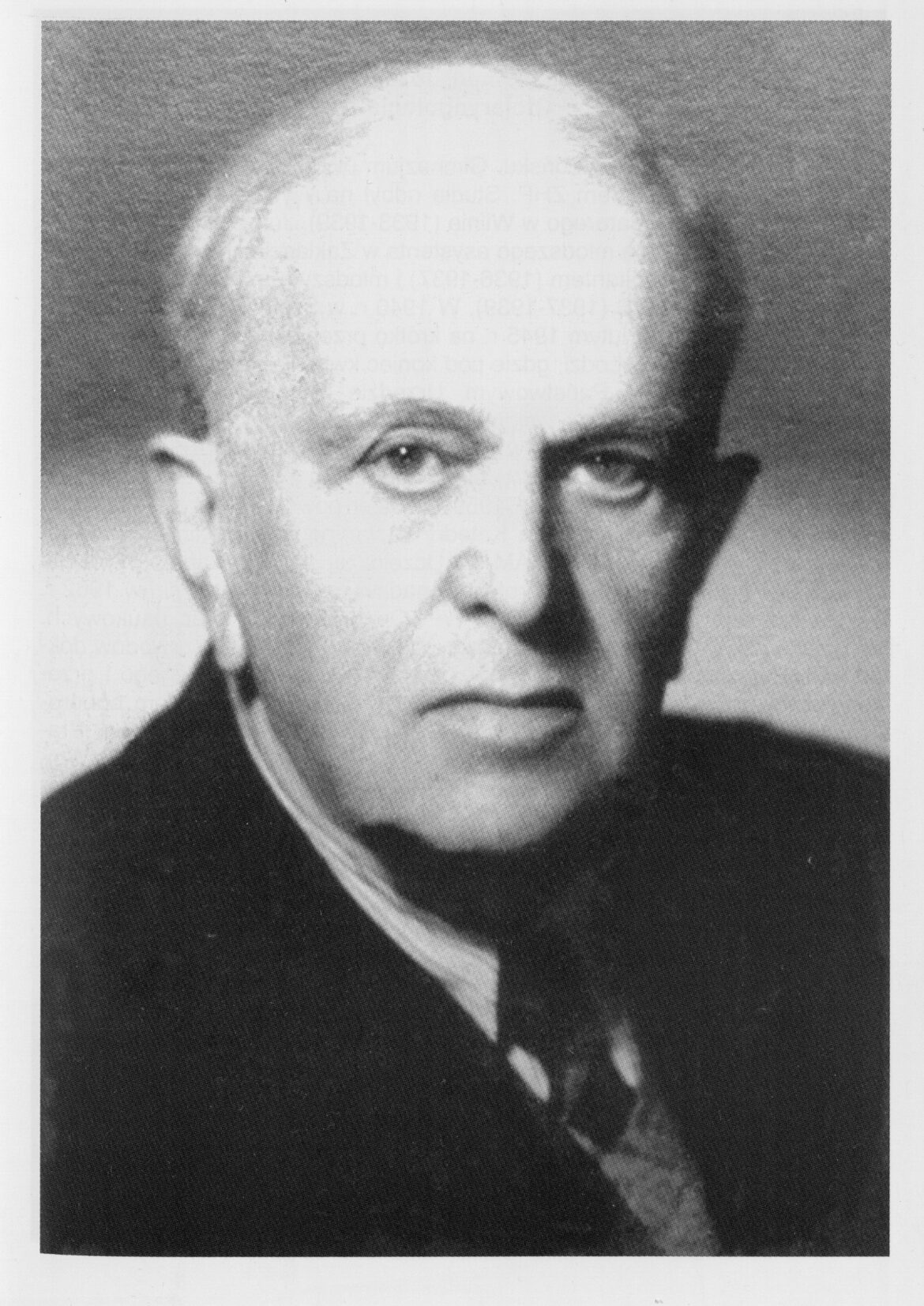He came from a Jewish family that was involved in Polish independence aspirations. Maurycy Bornsztajn fought for the Polish raison d’etat as much as for the health of mentally ill patients.
Maurycy Bornsztajn was born on 11 February 1874 and studied medicine at the Imperial University of Warsaw. The capital of Poland was then under the Russian occupation. In the 18th century, three states: Russia, Prussia and Austria seized Polish lands by force and erased Poland from the map of Europe for 123 years.
Maurycy’s grandfather fought for Polish independence in the January Insurrection (1863-1864). His grandson continued the family tradition and took part in a patriotic demonstration in 1894, for which he was imprisoned for three weeks by the Russian authorities. However, this did not discourage him from engaging in activities for Poland. In 1907, newspapers reported that the Russian regime had arrested Bornsztajn again.
Maurycy was involved in neurology and psychiatry. In 1908 he became head of the psychiatric division at the Old Jewish Hospital in Warsaw – a post he held for 31 years. He was one of the first Polish psychoanalysts. He founded the Polish Psychiatric Society and was engaged in the work of the Society for the Care of the Poor, Nervously and Mentally Ill Jews.
When Germany invaded Poland in 1939 and unleashed the Second World War, the hospital where Bornsztajn worked suffered hard times. In 1940, the German Nazis established the Warsaw Ghetto. Disease, hunger, and poverty reigned there, along with German violence. The Nazis forced Maurycy to move there, even though he was a Catholic. At the same time, the occupiers closed down his private practice as a psychiatrist. Bornsztajn, however, managed to survive the Holocaust and helped by the Dryński family.
After the Second World War Bornsztajn became a professor at the University of Łódź. He published over 60 scientific works (5 were written during the Second World War). He died on 5 March 1952 in Łódź.





